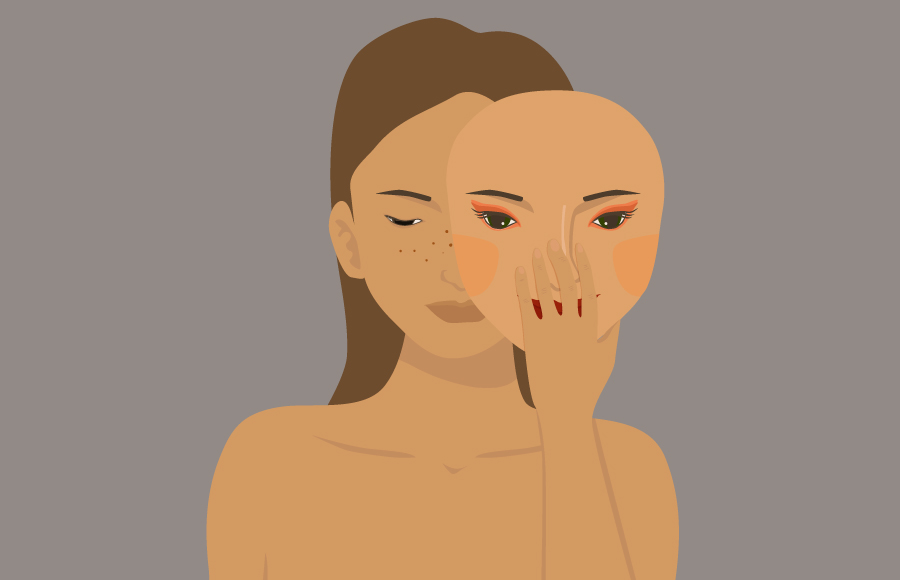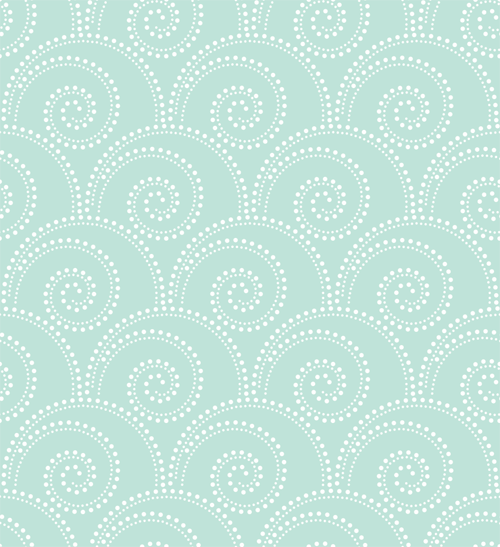
I remember two incidents early on in my legal career.
I remember opposing counsel, an older white woman who was a senior practicing lawyer, literally yelling over me (she was almost six feet tall and I am just 5’2”) in the hallway outside of courtrooms just before court was to start. We were all there for an interim family law application. The parties were already very heated and instead of modelling any respectful conflict resolution behavior, opposing counsel escalated the animosity and aggression between the parties and actively encouraged them to verbally battle with one another. My instructions to my clients were simple – do not engage, walk away, do not say anything – we are not going to behave like “that”. Of course this was extremely hard while they watched the opposing counsel belittle them and me and encourage their clients to behave with immense aggression.
During the second incident, I was co-counsel in a family law matter and the opposing lawyer, an older white man who was a senior family law lawyer, literally did not speak to me or engage with me for the entire matter. No acknowledgement whatsoever. No communication, no eye contact, no perfunctory greeting upon entering the courtroom before our day would start – nothing. I would witness my co-counsel, also a senior practicing lawyer and older white man, and the opposing lawyer communicate easily, welcome each other, and engage about their weekends, etc.
Did anyone call me a racial slur? No.
Did anyone refer to the intersections of my gender and racialized body? No.
Was there a denial in any explicit way that I was a lawyer or anything outright that indicated from their behavior that I was not qualified as a lawyer? No.
Is there “evidence” or “proof” that what occurred had anything to do with the fact I was – then – a younger, newer-called, South Asian, racialized woman lawyer? No.
And yet, there is absolutely no doubt in my mind that if I had been a young/older white man or woman, from junior to senior call lawyer, these interactions would not have occurred – not in this way and likely not at all.
The lawyers involved are routinely still referred to as “respected” counsel and when I see them (rare in person) and sometimes via virtual communication I still remember and feel the impact of their exclusion. They serve as reminders of how damaging and silencing these interactions can be. They remind me of my “otherness” in the law.
I know I am not alone.
Indigenous, Black, and racialized lawyers (people/communities) experience these types of interactions – these micro-oppressions – on a regular basis.
Lawyers and law students, through professional development workshops, seminars, presentations, articles, court decisions and calls from the Bench, are often encouraged to engage in civil conduct or more so to not engage in incivility.
It’s about professional conduct. Or is it?
Calls to stop incivility do nothing to address the impact of systemic racism or the continuation of white privilege and practice in the law.
Notions of “civility”, “incivility” and “professional conduct” need to be reckoned with through the lens of anti-colonial and anti-racist legal practice.
The time to challenge white privilege and systemic racism in the legal profession and legal practice is now – it has always been now!

